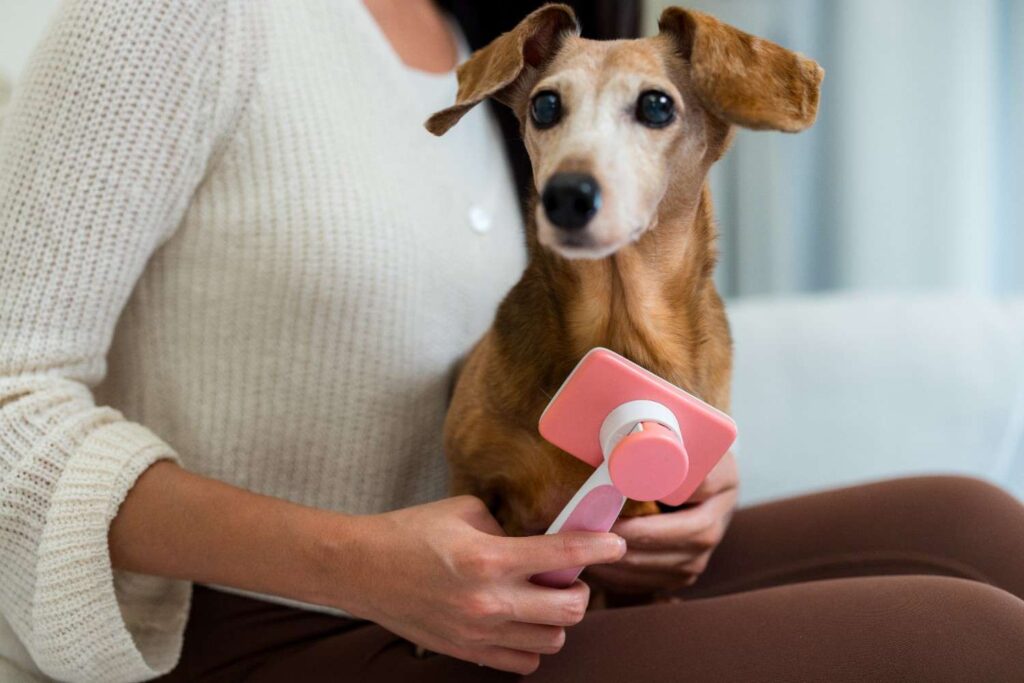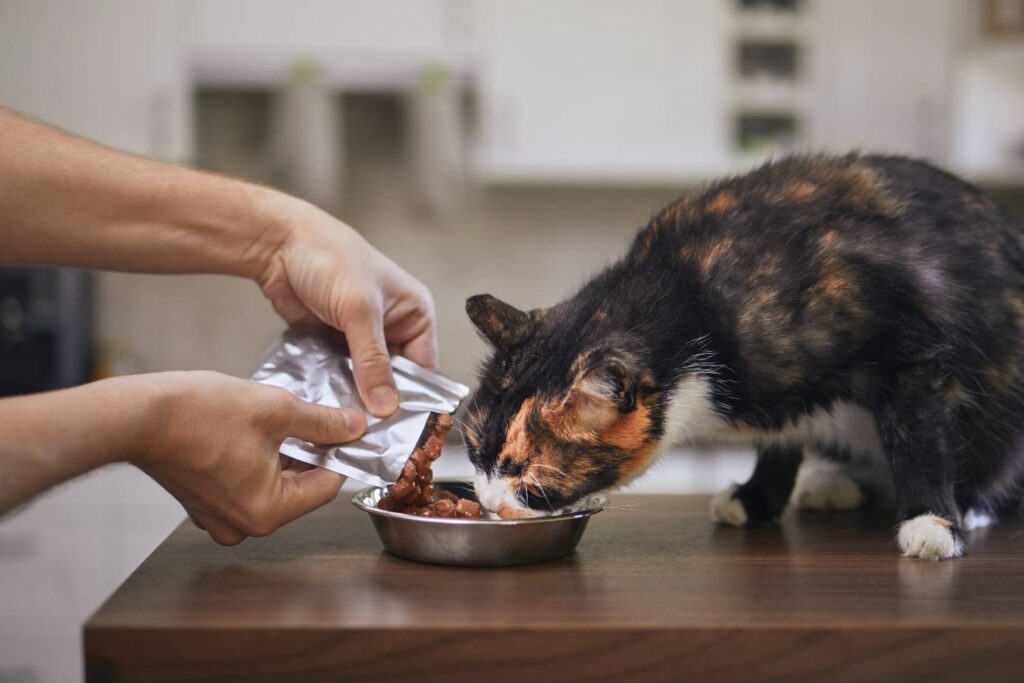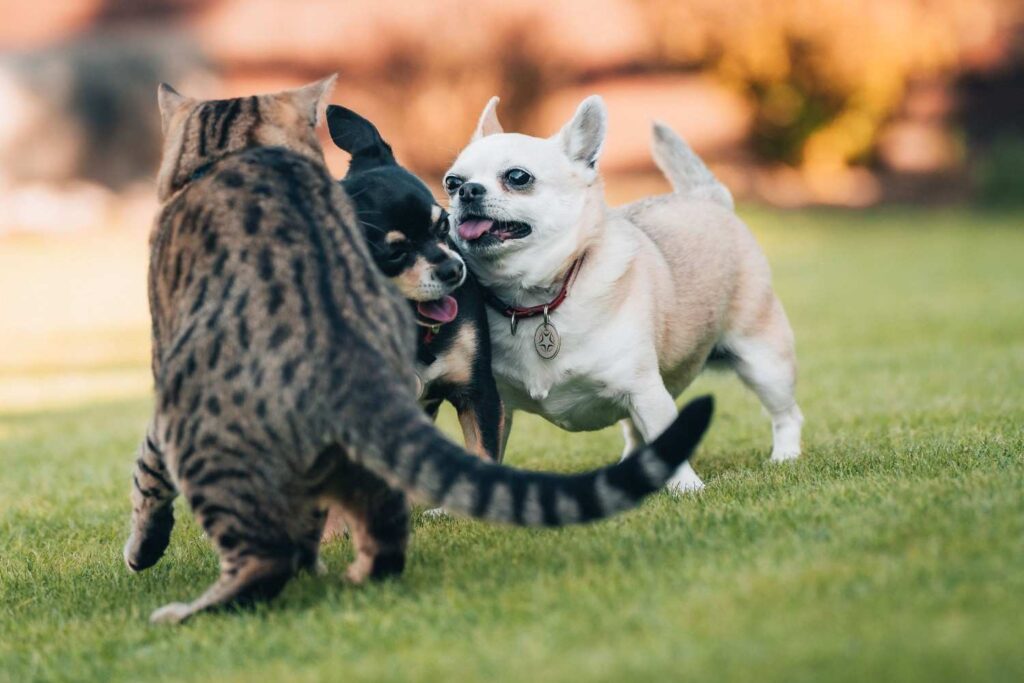Our canine buddies are treasured family members that fill our lives with happiness, humor, and unwavering affection. Their demands change as they age, reaching a phase we adoringly call the “golden years.” This is a time of unique difficulties and things to consider, but it’s also a chance to strengthen our relationship and give them the attention they need as they age. As our pets grow older, their pet care needs change as well. Let’s dive in and understand how caring for pets in their golden years differs from caring for young and energetic pups.
Recognizing the Changes In Pet Care

As pets age, they undergo cognitive and physical changes like people do. These changes differ based on the species and particular animal, but they primarily involve:
- Decreased Vision and Hearing
As pets grow older, their vision and hearing abilities weaken. This can result in difficulty navigating familiar spaces, hesitancy in unfamiliar environments, and a lack of response to commands or their names.
- Decreased Strength and Mobility
With old age comes decreased bone strength and mobility. Pain in the joints, stiffness, and a loss of muscle mass make it hard for senior pets to get upstairs, jump on furniture, or walk farther on longer treks.
- Weakened Immune System
Older pets are more prone to infections and diseases. They can quickly develop eye, ears or skin infections. Therefore pet parents must show extra caution, cleanliness, and preventative pet care are necessary.
- Changes in Appetite and Digestion
Older pets may experience changes in appetite, digestive problems such as constipation or diarrhea, and increased thirst due to age-related changes in their bodies. Pet parents must modify their pets’ nutrition intake to consume easier-to-digest food.

- Cognitive Decline
Like dementia in people, cognitive dysfunction syndrome (CDS) in pets can cause confusion, disorientation, forgetfulness of training, and shifts in sleep-wake patterns.
Changing Pet Care Needs
As our pets age, we must adapt our caregiving methods to suit their demands. These methods should be mindful of the changing pet care needs of our senior furry buddies. Here are some important things to think about:
- Regular Veterinary Checkups
Depending on their health, senior pets require more regular veterinary examinations, usually every six months. These examinations facilitate prompt intervention and treatment by identifying possible health problems early.

- Well-Proportioned Nutrition Plan
As pets age, their dietary requirements may vary. Higher protein diets are frequently needed for senior furry buddies to maintain their muscles and facilitate better digestion. Selecting the ideal pet nutrition diet for senior cats and dogs requires speaking with a veterinarian.
- A Comfortable Living Space
A cozy and secure living space is crucial, so make sure your house meets these requirements. This entails having comfy bedding, easy access to food and drink, furniture accessed by ramps or stairs, and dangers like loose carpets or electrical cords kept out of reach.
- Gentle Exercise
Even if their routine has to be modified to fit their abilities, older pets still need to remain physically active. Maintaining mobility, joint health, and cerebral stimulation is essential to pet wellness. Pet parents must include short walks, swimming, or indoor playing in their pets’ routines.
- Mental Stimulation
It’s crucial to keep your elderly pet’s mind active. Interactive toys, food puzzles, scent work activities, or just spending quality time playing and connecting with them can avoid boredom and cognitive decline.
- Adapting and Overcoming Difficulties
Elderly pets may have particular difficulties. Pet parents may experience changes in their behavior, such as anxiousness, vocalizations at night, or separation anxiety. Managing these difficulties may need a combination of empathy, patience, and seeking veterinary assistance. Mindful pet care needs can help treat the underlying reasons for this.
Celebrating the Journey of Our Senior Pets

We must adjust our viewpoint to accept our pets’ golden years. It’s critical to attend to their requirements and deal with age-related issues, but it’s also crucial to acknowledge and cherish the unique delights they bring during this time. They continue to be a source of solace, affection, and company. Suddenly, every happy welcome, wagging tail, and purring moment is much more valuable.
Caring for an elderly pet may be a fulfilling experience that demands commitment and endurance but ultimately results in a stronger attachment and a sense of accomplishment. We can ensure our cherished friends enjoy comfortable, dignified, and love-filled golden years by being aware of their changing requirements, adjusting our care, and savouring every minute. Living a happy, comfortable, and meaningful life during their senior years is essential to pet wellness.

0 Comments